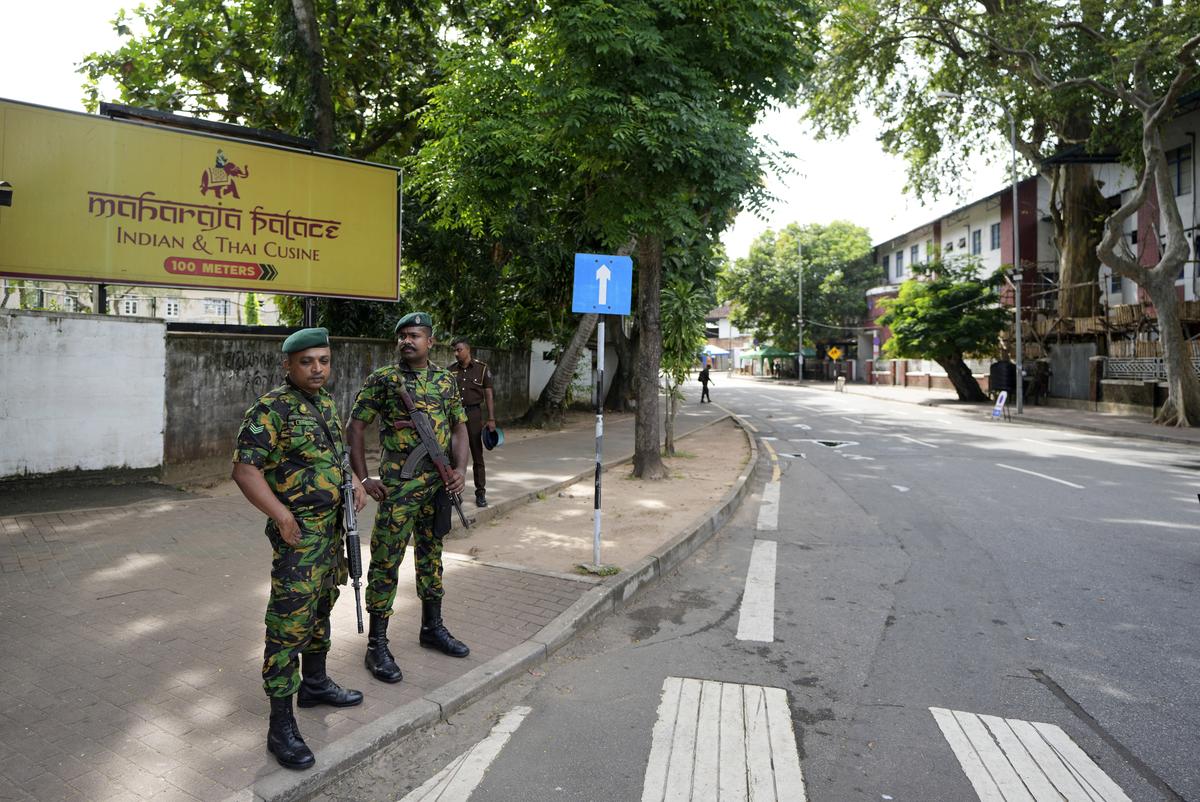Fayez Hoda, Pune
On Sunday, September 22, 2024, Sri Lanka’s presidential election entered a historic first: a second round of counting was held because no contender received the 50% of the vote required to be declared the winner.
In Sri Lanka, no election has ever gone to a second round of counting because, according to first-preference votes, single candidates have always been the overwhelming favorites.
According to the most recent figures, 39.52% of the votes cast went to Anura Kumara Dissanayake of the Marxist Janatha Vimukthi Peramuna party’s larger front, National People’s Power (NPP).
On September 21, 2024, Sri Lankans cast their ballots in the country’s first presidential election since the country’s economic collapse in 2022.
In the 2024 presidential election, Dissanayake and Premadasa have received the most votes, according to Election Commission Chairman R M A L Rathnayake.
He did, however, state that the second preference vote would be added to the total for these two candidates as neither had received more than 50% of the vote.
In Sri Lanka, voters rank up to three candidates in order of preference to choose a single winner. A candidate will be proclaimed the victor if they obtain an absolute majority.If not, there will be a second round of counting in which the votes cast for second and third choices will be considered.
According to Mr. Rathnayake, the counting of the cumulative and preference votes will determine the election of the new President. Additionally, he declared that the other contenders will not be taken into account for the preference vote.
The election on Saturday is important for Sri Lanka since it’s the first since widespread demonstrations that followed the nation’s worst economic crisis in 2022 and resulted in the removal of former leader Gotabaya Rajapaksa. The chairman of the Election Commission, RMAL Rathnayake, announced following the first round of vote counting that opposition leader Sajith Premadasa and Marxist Anura Kumara Dissanayake had received the most votes in the presidential contest.
Prior to the majority of the votes being tabulated, the National People’s Power (NPP) leader was expected to win handily, but his total number of votes decreased.
In Sri Lanka, no election has ever gone to a second round of counting because, according to first-preference votes, single candidates have always been the overwhelming favorites.
